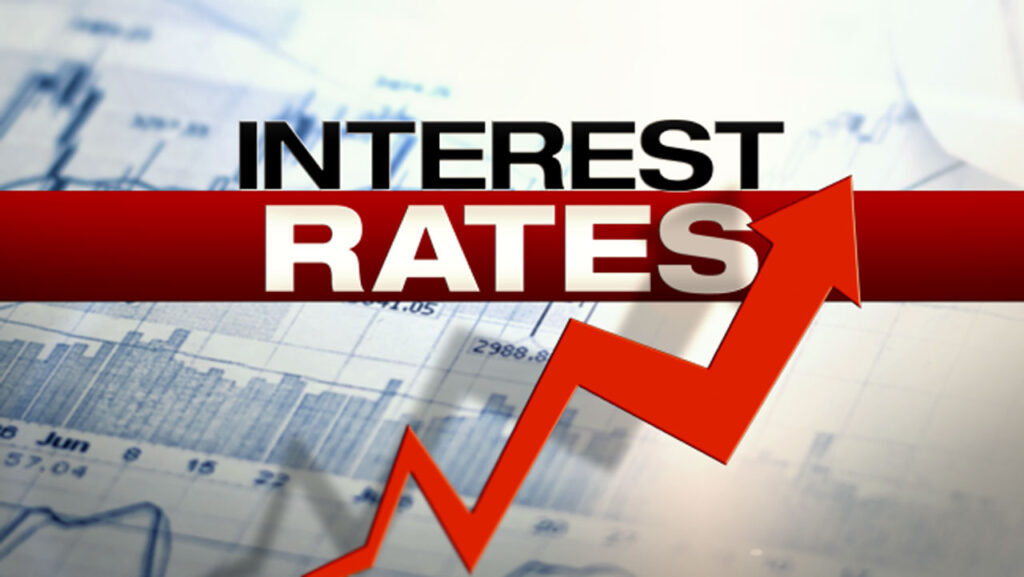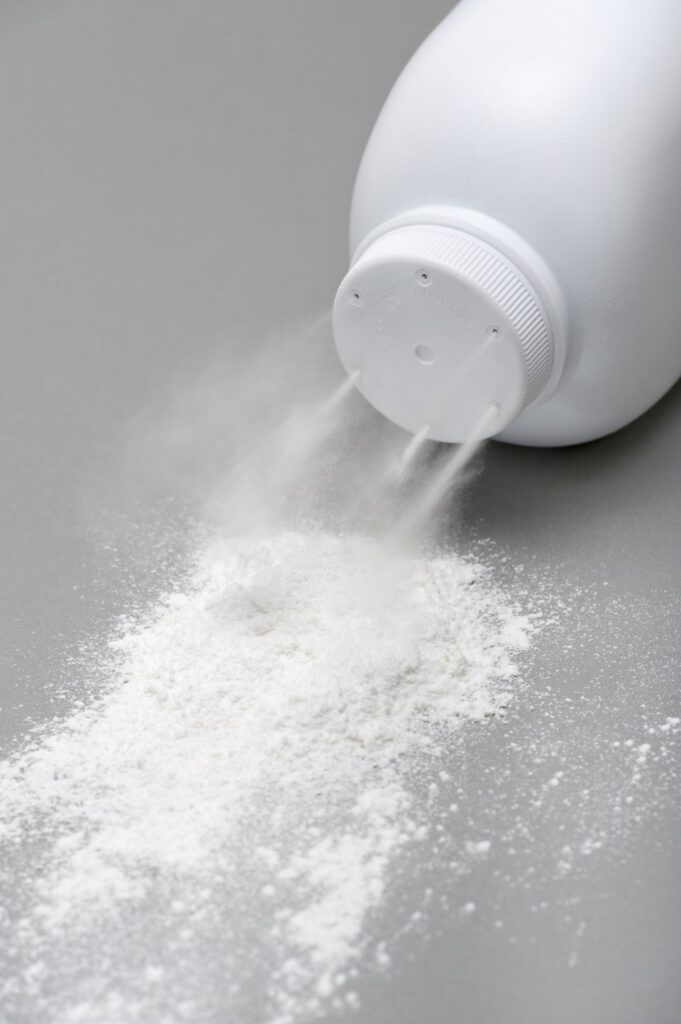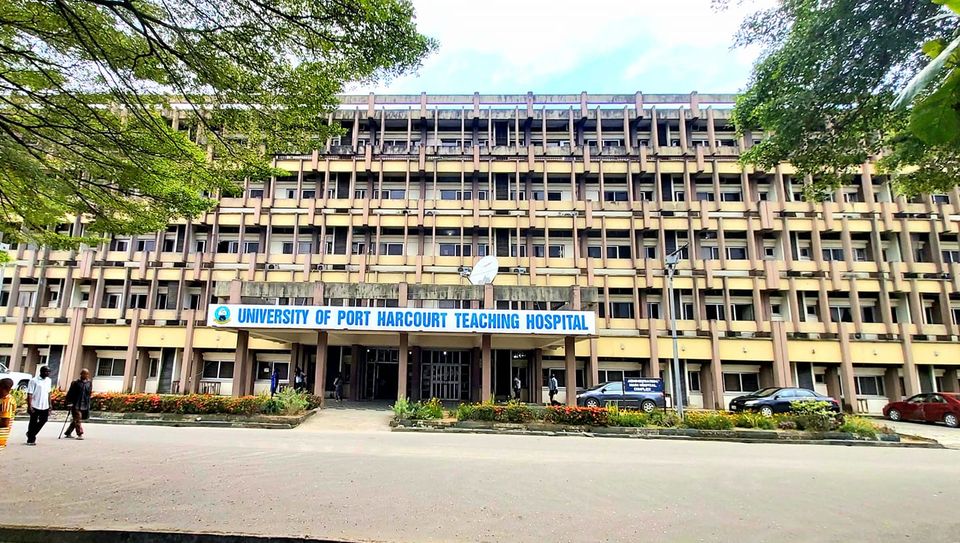Indigenous drug producers have decried the high interest rate, which they say, is crippling production activities and appealed to the government for single-digit lending rate in the sector.
They made this call at the 13th yearly Symposium and Award Ceremony, organised by the Health Writers Association of Nigeria (HEWAN) in Lagos, themed: ‘Dwindling Local Drug Production and High Cost of Essential Medicines: Rethinking Strategies for Growth.”
The Chairman, St. Racheal’s Pharmaceutical Nigeria Limited, Akinjide Adeosun, said no company could function on 38 per cent interest rate, and urged the government to focus on growth rather than inflation.
He pointed out that multinational corporations who have exited the country left a vacuum as operating in Nigeria has proven to be extremely tough for pharmaceutical businesses due to the economic environment that includes variable exchange rates, high import levies, stringent regulatory processes, and bureaucratic impediments.
“The strategy of the Federal Government has been to increase Monetary Policy Rate (MPR). It is a global norm that when you want to stem inflation, you must increase MPR, because once you increase MPR, lending increases, thereby mopping up excess money in circulation.
“No doubt, the CBN governor, Olayemi Cardoso is doing an excellent job since he came on board because he has been able to use monetary tools to be able to manage the economy. If he hasn’t done what he is doing around monetary policy, probably, Nigeria would have been in a dire situation by now.”
“However, after trying this for a year, inflation and lending rates are still high, it is time to switch gears. When you borrow money at an interest rate of about 38 per cent to import drugs, coupled with the high cost of fuel/diesel, clearing cost, import duties and levy duties (as not all drugs attract zero per cent. Import duties may be zero per cent, but the levy is about 20 per cent), no business can survive,” he said.
He also lamented that the fund created by the Bola Tinubu administration where manufacturers can borrow between N500 million to N1 billion, at nine per cent interest rate is not accessible.
Adeosun, however, urged the government to chase growth, “Reduce MPR (at 26.25 per cent) to enable commercial lending rate crash to single digit from the present over 30 per cent, thereby stimulating economic growth. I recommend a managed float of the currency. The current N1, 500.00 to 1 USD exchange rate is not sustainable in the long-term.”
To tackle insecurity in the country, he said the Federal Government to recall and deploy retired security personnel (Police, DSS & Military) to the wards in local government areas to assist in curtailing insecurity, as it will help food production.
Adeosun also urged company owners to diversify if they want their companies to thrive. “Outsource non-essential parts of your business and focus on your core business. You may consider per hour or per day wage to improve productivity. Consider installing solar panels (expensive near term but affordable long-term). This clean energy helps to preserve our ecosystem,” he advised.
The Chairman, Association of Community Pharmacists of Nigeria (ACPN), Adewale Oladigbolu, said the pharmaceutical sector is depressed and has a funding gap of billions of naira. “This industry affects everything we do as a country since a healthy population is productive and contributes to economic prosperity.
“We don’t have enough facilities in Nigeria to produce drugs locally. The government must come in heavily. The same kind of interventions seen in the petroleum industry should be done in the pharmaceutical sector. We need the government to give grants to the industry. Government has great intentions to transform the industry, but those intentions have not been translated into practical means. It is time for government to take action, by fulfilling its promises to the industry,” he said.
The symposium recommended that the government should provide grants (not loans) to businesses and fund the pharmaceutical industry.
It recommends that Federal Inland Revenue Service (FIRS) should focus on only eight tax types accounting for 90 per cent of tax revenue and remove taxes, which are impediments to business growth.
It also recommends that the government should make locally produced pharmaceutical products generic and close down open drug markets because they give room for fake products.













